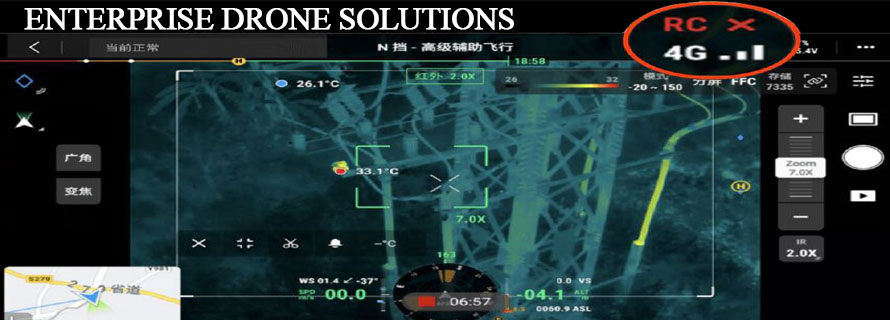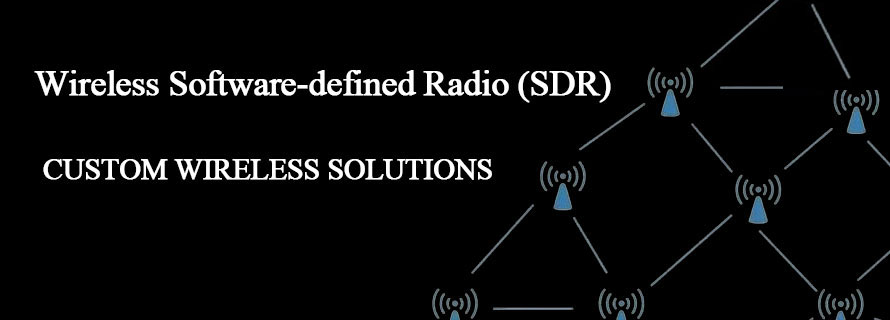-
ASTM D1121 method for Reserve Alkalinity of Engine Coolants and Antirusts
ASTM D1121 method for Reserve Alkalinity of Engine Coolants and Antirusts11. Procedure11.1 Pipet 10 mL of a thoroughly mixed sample into a 250 mL tall-form spout-less beaker. Allow 1 minute drain time. Add about 90 mL of distilled water (Note 2).NOTE 1 - The amount of water added is not critical; however, ...
-
ASTM D1121 method for Reserve Alkalinity of Engine Coolants and Antirusts
ASTM D1121 method for Reserve Alkalinity of Engine Coolants and Antirusts9. Preparation of Electrode System9.1 Maintenance of Electrodes - Clean the glass electrodes at frequent intervals (not less than once every week during continual use) in accordance with the manufacturer's instructions. Drain the ...
-
ASTM D1121 method for Reserve Alkalinity of Engine Coolants and Antirusts
ASTM D1121 method for Reserve Alkalinity of Engine Coolants and Antirusts6. Apparatus6.1 The pH meter, glass electrode, and calomel electrode, shall be as specified in the section on Apparatus (Section 5) of Test Method D1287.6.2 It is recognized that many laboratories use a combination electrode system ...
-
ASTM D1121 method for Reserve Alkalinity of Engine Coolants and Antirusts
ASTM D1121 method for Reserve Alkalinity of Engine Coolants and Antirusts4. Summary of Test Method4.1 A 10-mL sample of concentrated coolant, antirust, coolant additive, or an aqueous engine coolant containing these products, is diluted to about 100 mL with water and titrated potentiometrically with ...
-
ASTM D1121 method for Reserve Alkalinity of Engine Coolants and Antirusts
ASTM D1121 method for Reserve Alkalinity of Engine Coolants and Antirusts1. Scope1.1 This test method covers the determination of the reserve alkalinity of new, unused engine coolants, and liquid antirusts as received, of used or unused aqueous dilutions of the concentrated materials, and of aqueous ...
-
ASTM D3520 for Quenching Time of Heat-Treating Fluids
ASTM D3520 for Quenching Time of Heat-Treating FluidsASTM D3520 Standard Test Method for Quenching Time of Heat-Treating Fluids (Magnetic Quenchometer Method)10. Calculations and Reports10.1 Record (1) quench times and (2) identifications of the test balls used.NOTE 18 - A suggested form for recording ...
-
ASTM D3520 for Quenching Time of Heat-Treating Fluids
ASTM D3520 for Quenching Time of Heat-Treating FluidsASTM D3520 Standard Test Method for Quenching Time of Heat-Treating Fluids (Magnetic Quenchometer Method)8. Procedure for Making a Single Test8.1 Using forceps, place the cleaned test ball on the clean ceramic base plate in the heated furnace, with ...
-
ASTM D3520 for Quenching Time of Heat-Treating Fluids
ASTM D3520 for Quenching Time of Heat-Treating FluidsASTM D3520 Standard Test Method for Quenching Time of Heat-Treating Fluids (Magnetic Quenchometer Method)5. Apparatus5.1 Magnetic Quenchometer, as shown in Figs. 1 and 2.5.2 Furnace, Electric Muffle, with air atmosphere, capable of maintaining a temperature ...
-
ASTM D3520 for Quenching Time of Heat-Treating Fluids
ASTM D3520 for Quenching Time of Heat-Treating FluidsASTM D3520 Standard Test Method for Quenching Time of Heat-Treating Fluids (Magnetic Quenchometer Method)3. Summary of Test Method3.1 This test method determines the time for cooling a chromized nickel ball from approximately 885°C (1625°F) to approximately ...
-
ASTM D3520 for Quenching Time of Heat-Treating Fluids
ASTM D3520 for Quenching Time of Heat-Treating FluidsASTM D3520 Standard Test Method for Quenching Time of Heat-Treating Fluids (Magnetic Quenchometer Method)1. Scope1.1 This test method covers a procedure for making a comparative evaluation of the quenching speed characteristics of petroleum fluids ...



